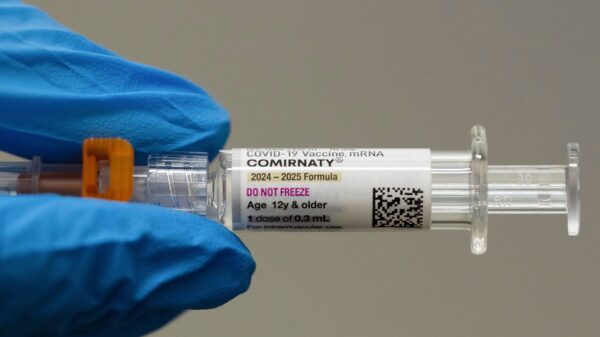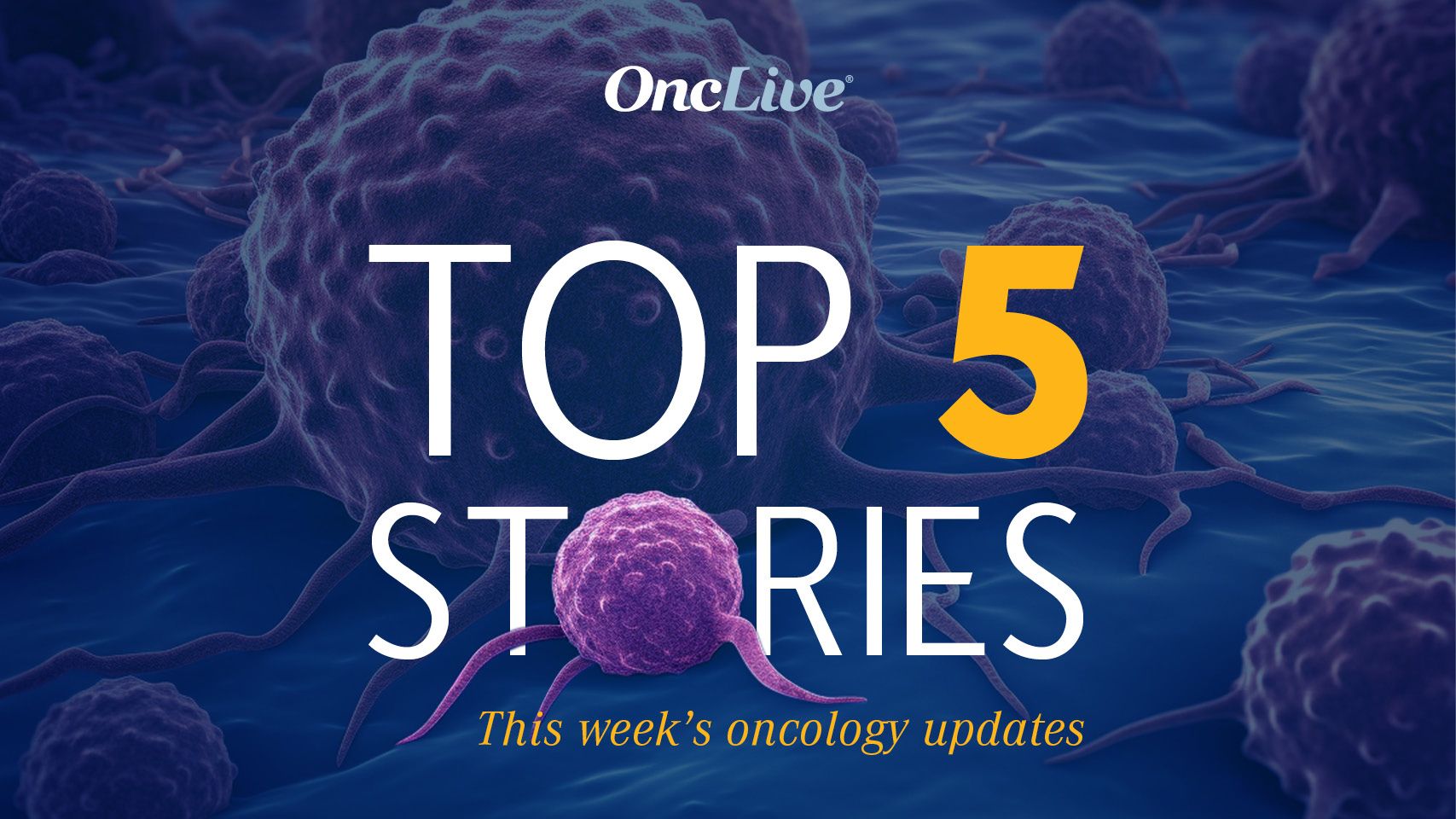The field of oncology saw significant advancements this week with the approval of new treatments and updates from clinical trials. Notably, the U.S. Food and Drug Administration (FDA) granted approval for a new formulation of leuprolide mesylate, while also agreeing to review a promising new drug application for gedatolisib. These developments signal an ongoing commitment to enhancing cancer care options for patients.
FDA Approves New Leuprolide Formulation for Prostate Cancer
The FDA has approved a 21-mg subcutaneous depot formulation of leuprolide mesylate (Camcevi ETM) for the palliative treatment of adult patients with advanced prostate cancer. This regulatory decision was based on results from a global, open-label, single-arm phase 3 trial (NCT03261999), where 97.9% of patients achieved castration levels of serum testosterone by day 28, a level maintained through day 168. Among evaluable patients, 98.6% achieved castration by day 28, with a mean testosterone level of 17.8 ng/dL, showing no significant increase following the second injection. A 42-mg formulation of leuprolide mesylate was previously approved by the FDA in 2021 for the same indication.
Gedatolisib Receives FDA Fast-Track Review
The FDA has also agreed to review a new drug application (NDA) for gedatolisib under its Real-Time Oncology Review program. This decision comes as data from the phase 3 VIKTORIA-1 trial (NCT05501886) demonstrated that gedatolisib, in combination with fulvestrant (Faslodex) and palbociclib (Ibrance), reduced the risk of disease progression or death by 76% compared to fulvestrant alone. The median progression-free survival (PFS) was reported at 9.3 months versus 2.0 months for the control group. Celcuity plans to initiate the rolling submission of the NDA in September 2025 and aims to complete it by the fourth quarter of that year.
Significant Findings in Breast Cancer Trials
The phase 3 monarchE trial (NCT03155997) revealed that abemaciclib (Verzenio) combined with two years of endocrine therapy significantly improved overall survival compared to endocrine therapy alone in patients with high-risk, node-positive, hormone receptor-positive, HER2-negative early breast cancer. This benefit was sustained, exhibiting improvements in both invasive disease-free survival and distant relapse-free survival during a seven-year landmark analysis. No new safety signals were reported at the time of analysis, with all patients having completed or discontinued abemaciclib. Additional data will be forthcoming at an upcoming medical meeting.
Promising Results from HPV16-Positive Cancer Trials
Final topline data from the phase 2 VERSATILE-002 trial (NCT04260126) indicated that Versamune HPV (formerly PDS0101) combined with pembrolizumab (Keytruda) led to a median overall survival of 39.3 months in patients with HPV16-positive recurrent and/or metastatic head and neck squamous cell carcinoma. This outcome is significantly better than the historical results of 17.9 months for pembrolizumab alone or with chemotherapy. With a median follow-up of 18.4 months, the overall response rate was recorded at 35.8%, and the disease control rate reached 77.4%. Common treatment-related adverse effects included injection site reactions, fatigue, and headache.
Upcoming IASLC Conference to Feature Crucial Lung Cancer Data
The upcoming IASLC 2025 World Conference on Lung Cancer is set to showcase new data in thoracic oncology, particularly focusing on the management of EGFR-mutated and ROS1-positive non-small cell lung cancer (NSCLC), as well as advancements in small cell lung cancer (SCLC). Key experts, including Dr. Ticiana A. Leal, Dr. Misako Nagasaka, and Dr. Jacob Sands, previewed anticipated abstracts, including final overall survival data from the phase 3 FLAURA2 trial (NCT04035486) of osimertinib, and efficacy and safety findings for the ROS1 inhibitor zidesamtinib from the phase 1/2 ARROS-1 trial (NCT05118789).
These updates highlight the rapid advancements in oncology, emphasizing the importance of ongoing research and the regulatory efforts to bring new therapies to patients in need.





































































